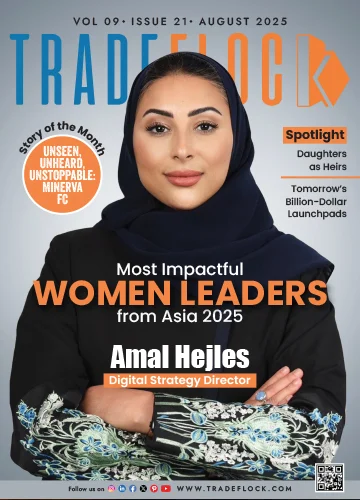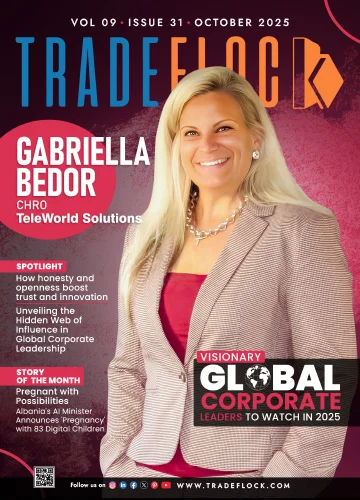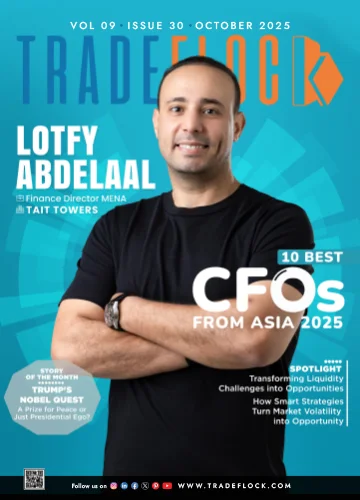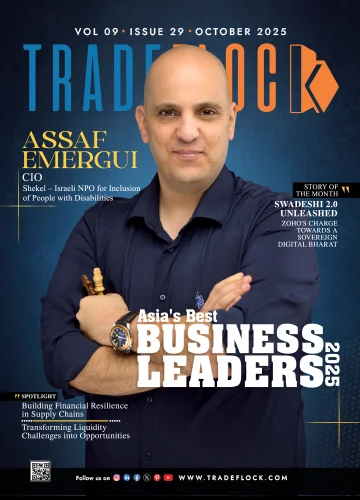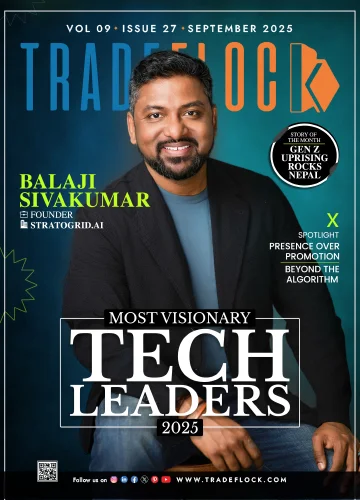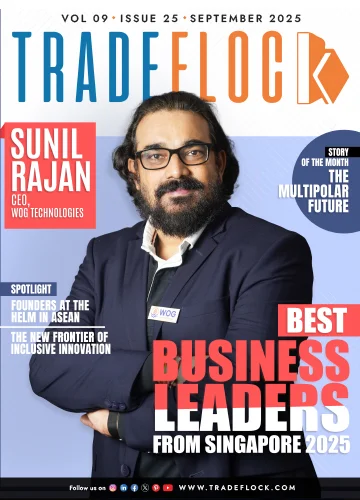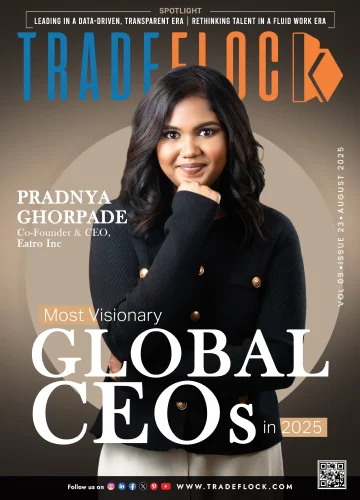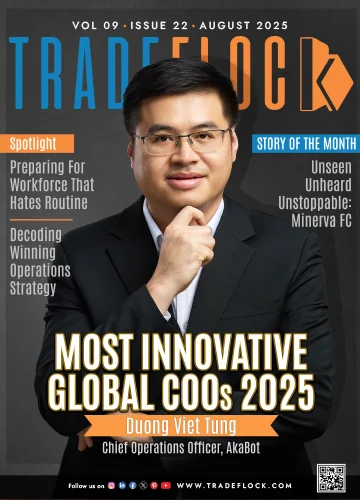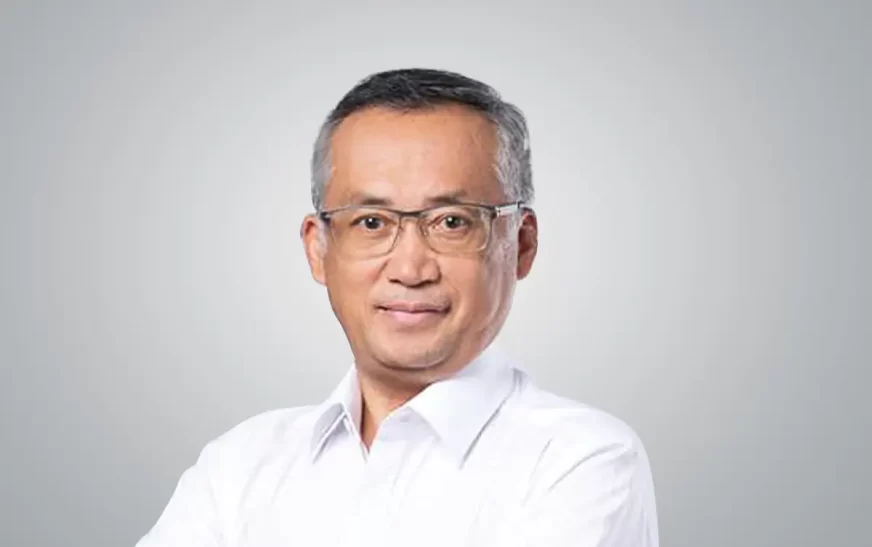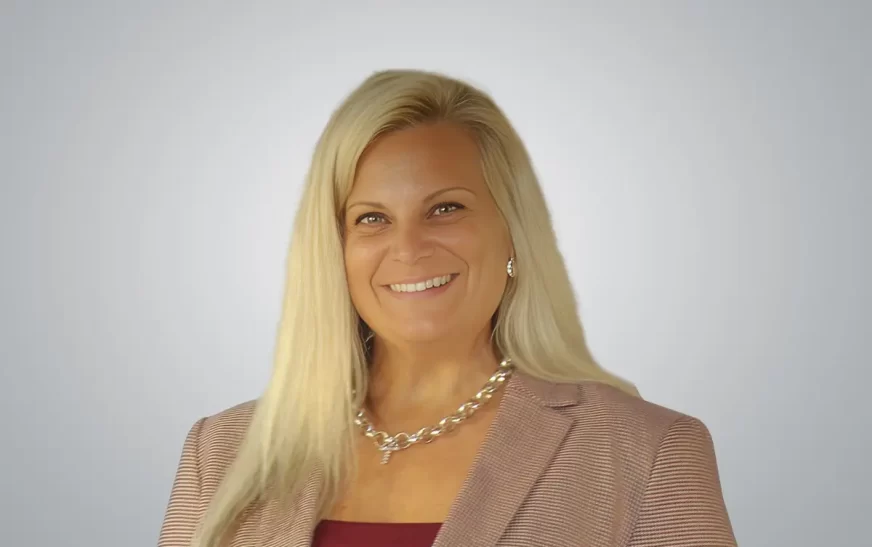
Breaking Barriers, Building Futures
Sebastiana da Costa
Municipal Coordinator
Fatin Hakmatek Oecusse
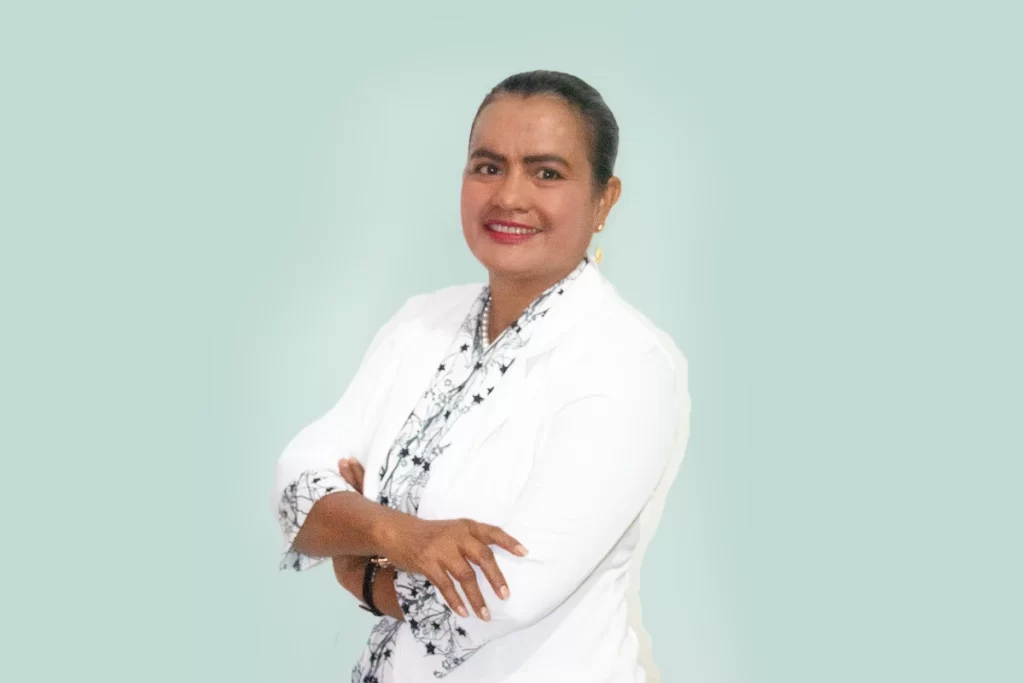

The Unsung Architects of Business
Sebastiana da Costa
Municipal Coordinator
Fatin Hakmatek Oecusse
Sebastiana da Costa’s leadership story is rooted in the soil of her own community. Born and raised in the enclave of Oecusse, she has experienced firsthand the challenges faced by marginalised populations, such as limited healthcare access, economic uncertainty, and the struggle for a stronger voice in decision-making. These lived realities shaped her early involvement in grassroots advocacy, where she worked side by side with local communities to surface their concerns and fight for sustainable change.
Today, as the municipal coordinator for Fatin Hakmatek Oecusse, Sebastiana brings that same spirit of service into governance. Her understanding of “impact” has evolved beyond policy papers and programme targets—it now means transforming community needs into meaningful, long-lasting action. For Sebastiana, real impact is measured not by numbers on a report but by the lives improved and the voices empowered.
In her leadership, advocacy and administration are not separate tracks; they converge. She continues to walk alongside communities, listen deeply, and shape solutions that are grounded in local realities. Whether it’s improving access to healthcare, education, or economic opportunity, Sebastiana sees progress not as something to be handed down but built collectively. She shares insights about her work in this exclusive interview.
How do you balance top-down strategies with grassroots realities in your work with NGOs?
Working with both grassroots organisations and international NGOs has taught me that lasting change requires blending big-picture strategy with local realities. International partners bring funding, expertise, and frameworks, but local organisations hold the deep understanding of cultural dynamics and community needs. The key is harmonising these perspectives to create solutions that are both effective and sustainable.
In my community, for example, gender-based violence is often viewed as a private or cultural matter rather than a social injustice. While international NGOs push for immediate elimination, local attitudes can be resistant. My role is to bridge this divide—not by imposing change, but by fostering trust and mutual respect.
This involves adapting global strategies into culturally appropriate actions through continuous listening, dialogue, and collaboration between international experts and local teams. Over time, this approach shifts mindsets and encourages ownership. True impact emerges when communities actively participate in defining the change, ensuring it lasts beyond external involvement.
What bold gender mainstreaming idea did you implement that surprised others but worked?
I introduced gender-sensitive budgeting into local governance planning—an idea many initially resisted, believing budgets should remain “neutral”. But neutrality often meant ignoring women’s specific needs. By directing funds to support women-led businesses and reintegration programmes for survivors of gender-based violence, we demonstrated real impact. It didn’t just shift resources, it reshaped priorities, influenced policy, and proved that budgeting through a gender lens leads to more inclusive and effective governance.
What does balance look like across your many roles?
Balance, for me, is about presence, priorities, and progress. As a legal researcher, gender advocate, leader, and mother, I’ve learnt that balance shifts every day. Sometimes it means unplugging to enjoy quiet moments with my children and family. Other times, it’s about trusting my team to lead while I step back and recharge.
I see balance not as equal time for everything but as knowing when to pause, when to lean in, and when to ask for support. Holidays become sacred spaces to reflect and reset. And when things don’t go as planned, which they often don’t, I allow myself grace, take a breath, and find calm in the chaos. That, to me, is balance.
What barriers have you faced as a woman leader in Timor-Leste, and how did you overcome them?
Being a woman leader in Timor-Leste, especially in a patriarchal society, has meant constantly navigating deep-rooted cultural and gender stereotypes. Often, our voices as women are overlooked, whether as daughters, wives, mothers, or professionals. We’re expected to stay quiet, to follow, not to lead. I’ve had to work twice as hard just to be heard and taken seriously in decision-making spaces traditionally dominated by men.
Instead of waiting for space to be given, I created my own. I started within my own network—connecting with other women in Oecusse through local associations, building solidarity, sharing experiences, and supporting each other’s growth. We trained ourselves to speak with confidence, to lead, and to show what collective resilience looks like.
It wasn’t just about finding my voice but helping others find theirs too. We created spaces where women feel encouraged to lead, speak, and take action.
Change is happening but there’s still work to do. I’ve learnt to listen, adapt, and persist. I dismantle barriers step by step and not with confrontation alone, but with collaboration, courage, and the belief that empowered women empower communities.
How do you make sure evaluations reflect real human stories, not just data?
As Fatin Hakmatek Coordinator, I ensure our evaluation frameworks capture real human impact by combining data with personal stories. Numbers matter, but voices matter more. We use interviews, focus groups, and case studies alongside statistics to reflect lived experiences. This approach helps us document not just progress—but the people behind it, creating meaningful success stories.

